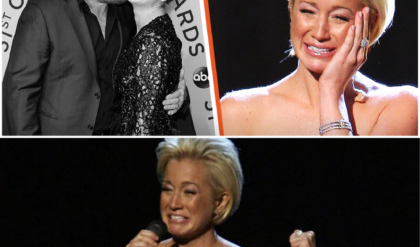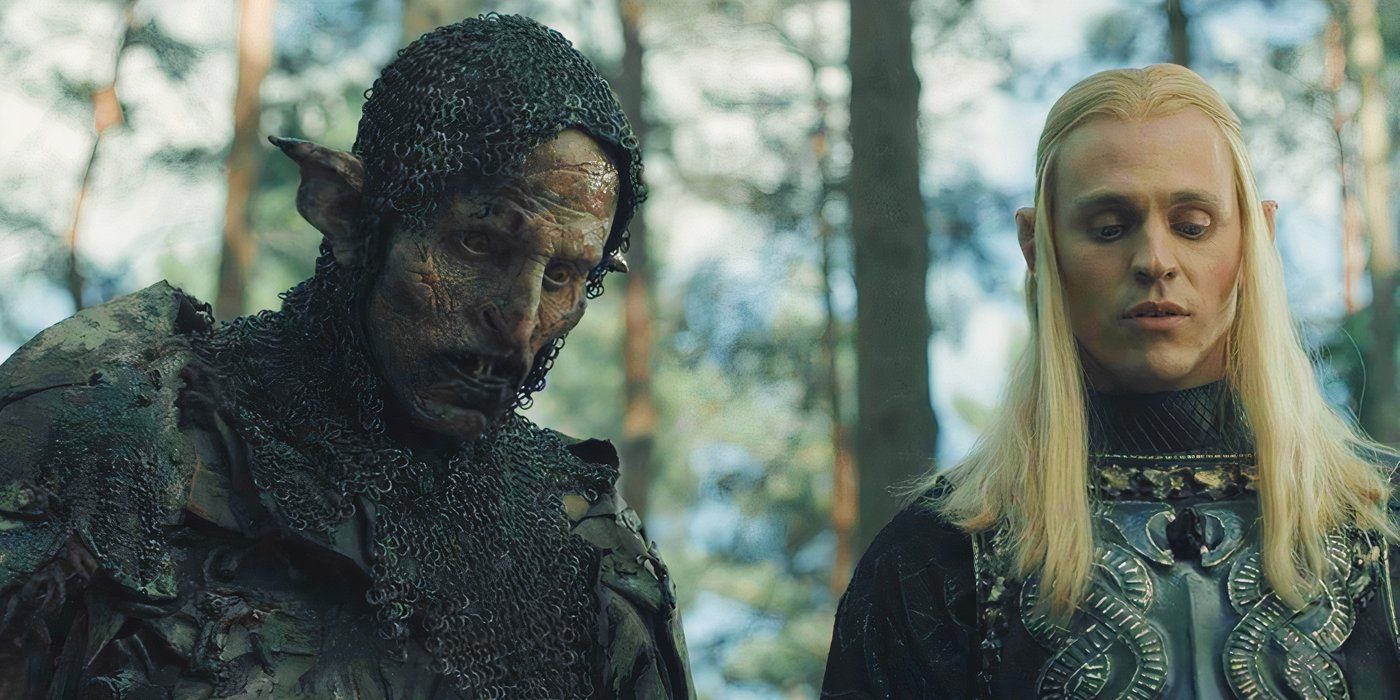
The sympathetic Orcs in The Lord of the Rings: The Rings of Power are controversial, but they are fully supported by the work of high fantasy pioneer J.R.R. Tolkien. The Hobbit and The Lord of the Rings were working toward this conclusion, with Tolkien explaining his position on Orcs in other stories and letters that he wrote throughout his life. However, one little-known Lord of the Rings publication lays this out in clear detail. That is 1962’s The Adventures of Tom Bombadil, the third of only four Lord of the Rings books that Tolkien published in his lifetime.
Together with 1937’s The Hobbit, 1954’s The Lord of the Rings, and a 1967 songbook called The Road Goes Ever On, The Adventures of Tom Bombadil forms the Tolkien-approved, undeniable canon of The Lord of the Rings. Subsequent publications form a glorious mythopoeia of mixed legends, occasionally contradicting each other in the style of true myth, leaving canon to be debated. Tolkien’s backing of The Adventures of Tom Bombadil is irrefutable, making its varied, emotional “evil” creatures a clear model for The Rings of Power’s sympathetic Orcs.
The Adventures Of Tom Bombadil Set A Precedent For Middle-Earth’s “Evil” Creatures Being More Complex
Trolls Are Friendly & Dragons Are Depressed In Lord Of The Rings’ 1962 Book

Samwise Gamgee wrote about “The Lonely Troll” in “Perry-the-Winkle,” confirming that Morgoth’s creatures weren’t perceived as soulless nor black-and-white by the residents of Middle-earth. Seeking company through rejection, this troll finally befriends Perry-the-Winkle. In-universe, The Lord of the Rings’ tales were recorded by Hobbits (sometimes translated from Elvish lore) in the Red Book of Westmarch. The Adventures of Tom Bombadil is a poetry anthology included in the Red Book of Westmarch. The book provides another sympathetic creature normally associated with evil – the dragon with drooping ears and dead joy in “The Hoard.”
The Lord Of The Rings Doesn’t Have Sympathetic Orcs, But The Rings Of Power’s Moral Complexity Makes Sense
J.R.R. Tolkien Confirmed That Orcs Have Rights In Lord Of The Rings
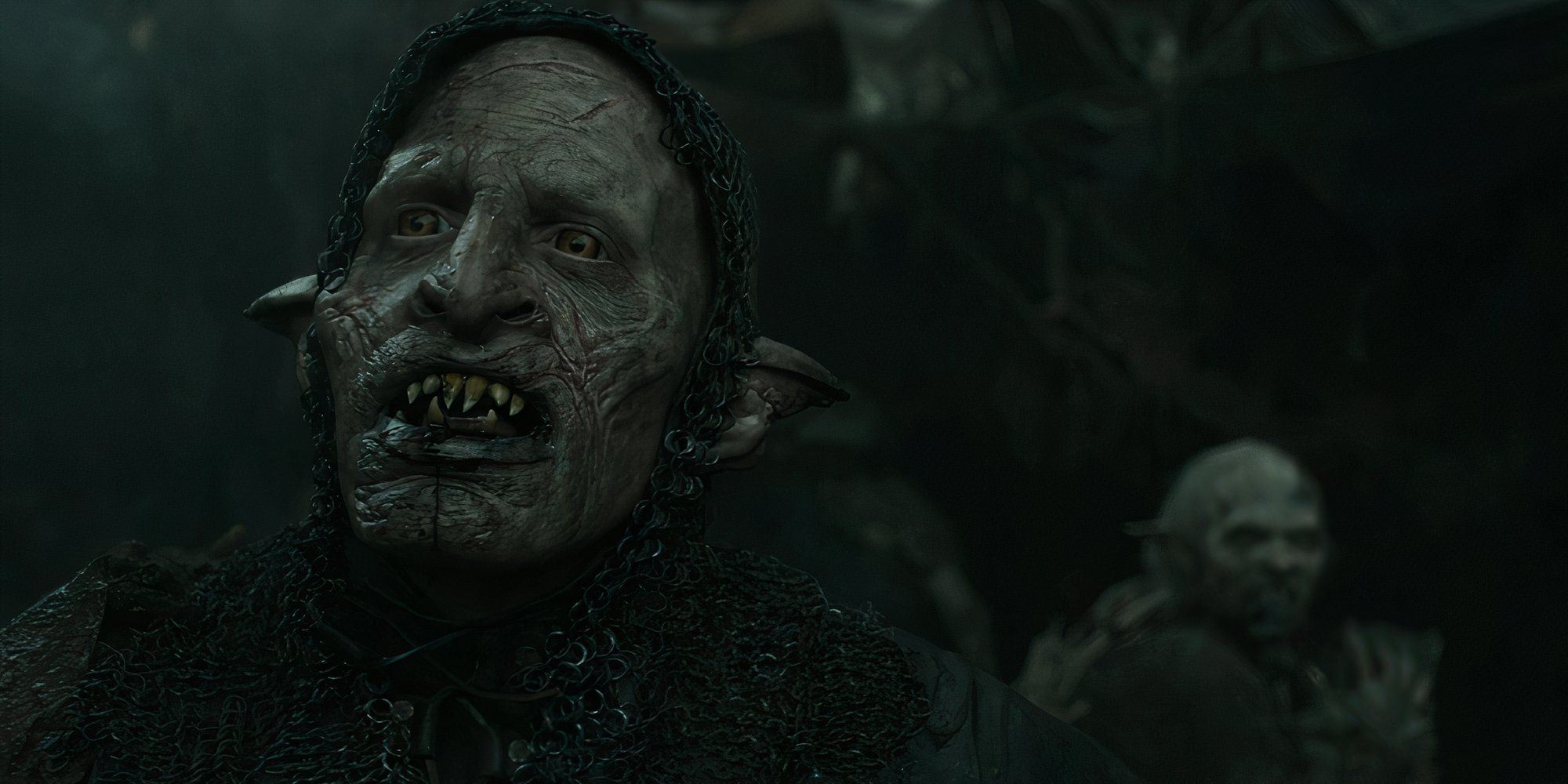
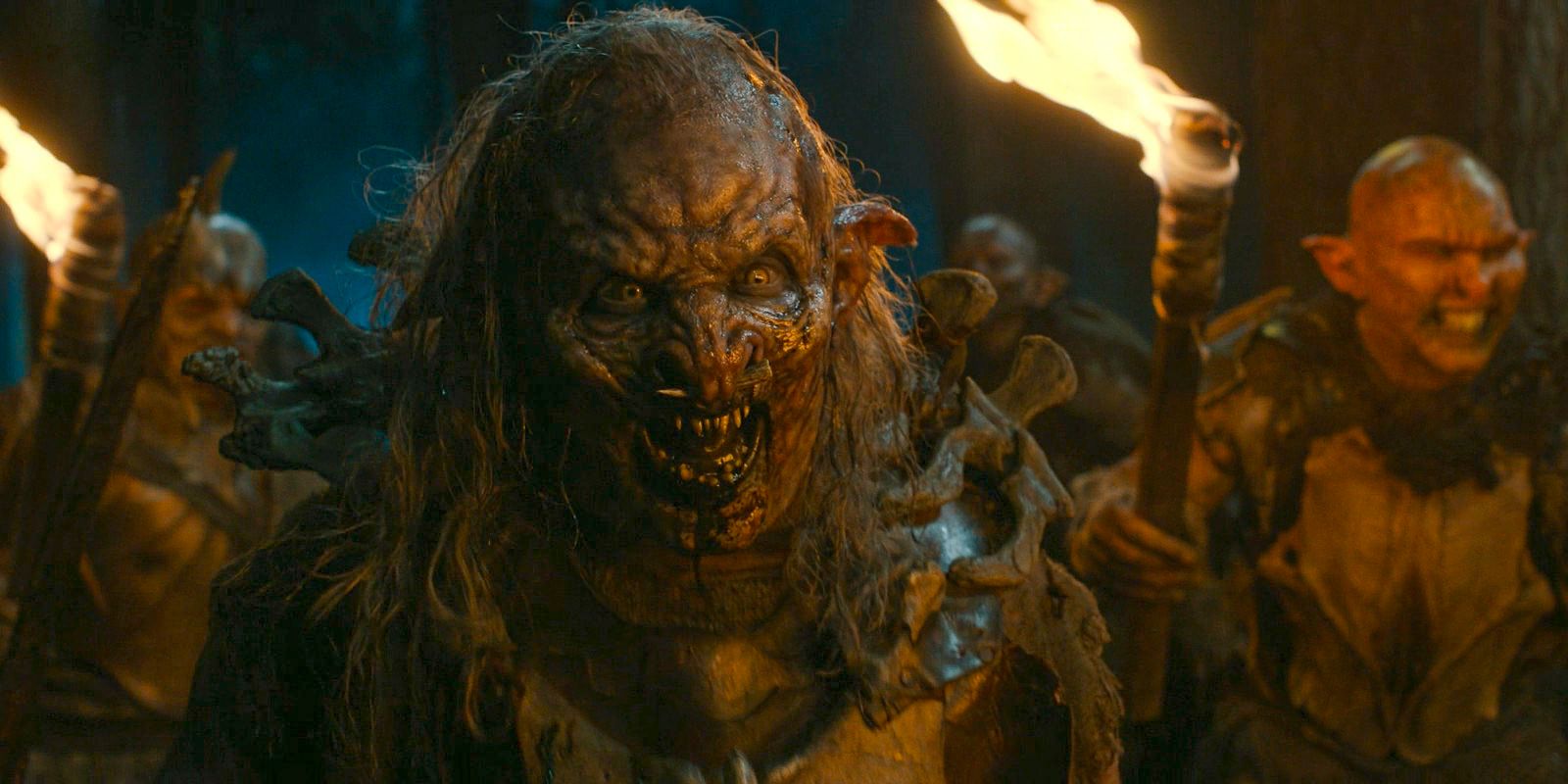
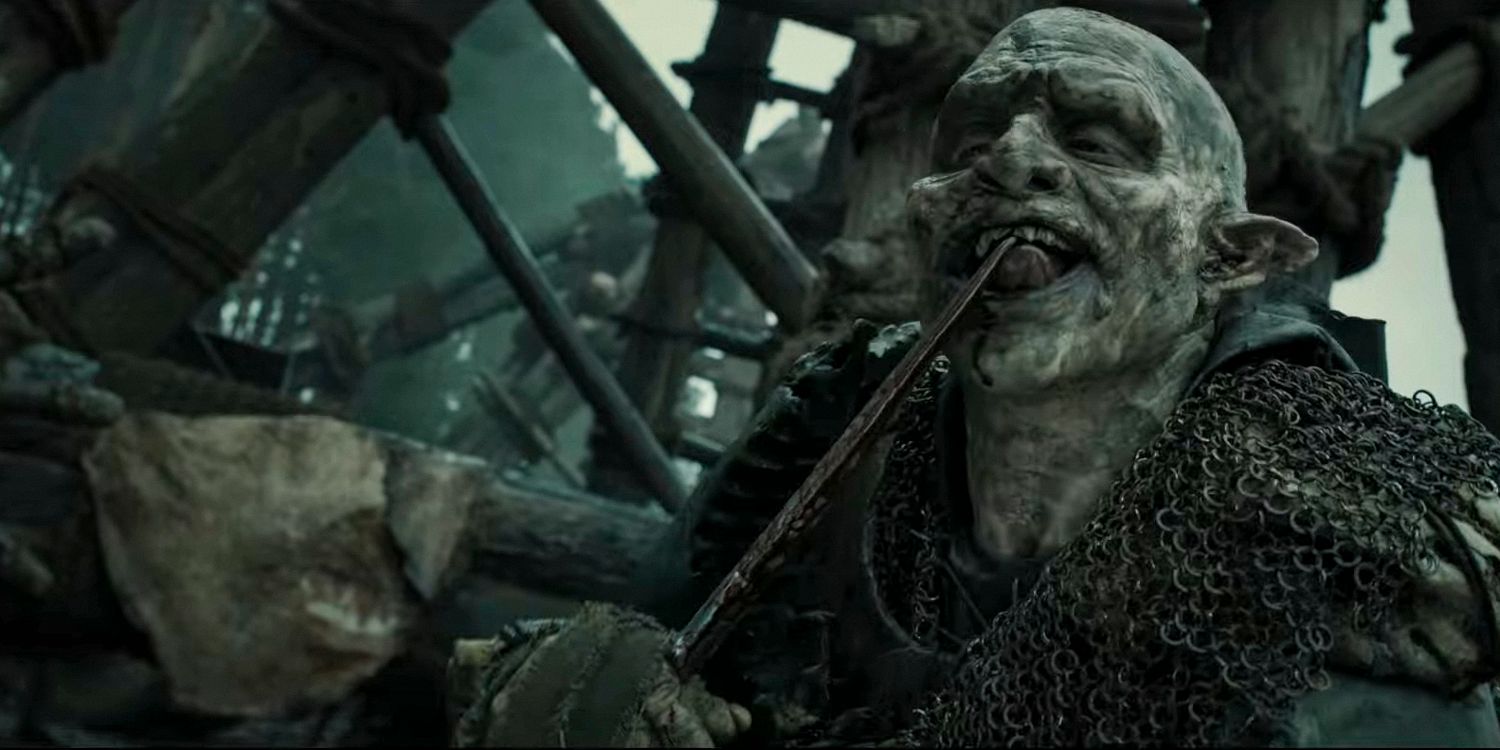
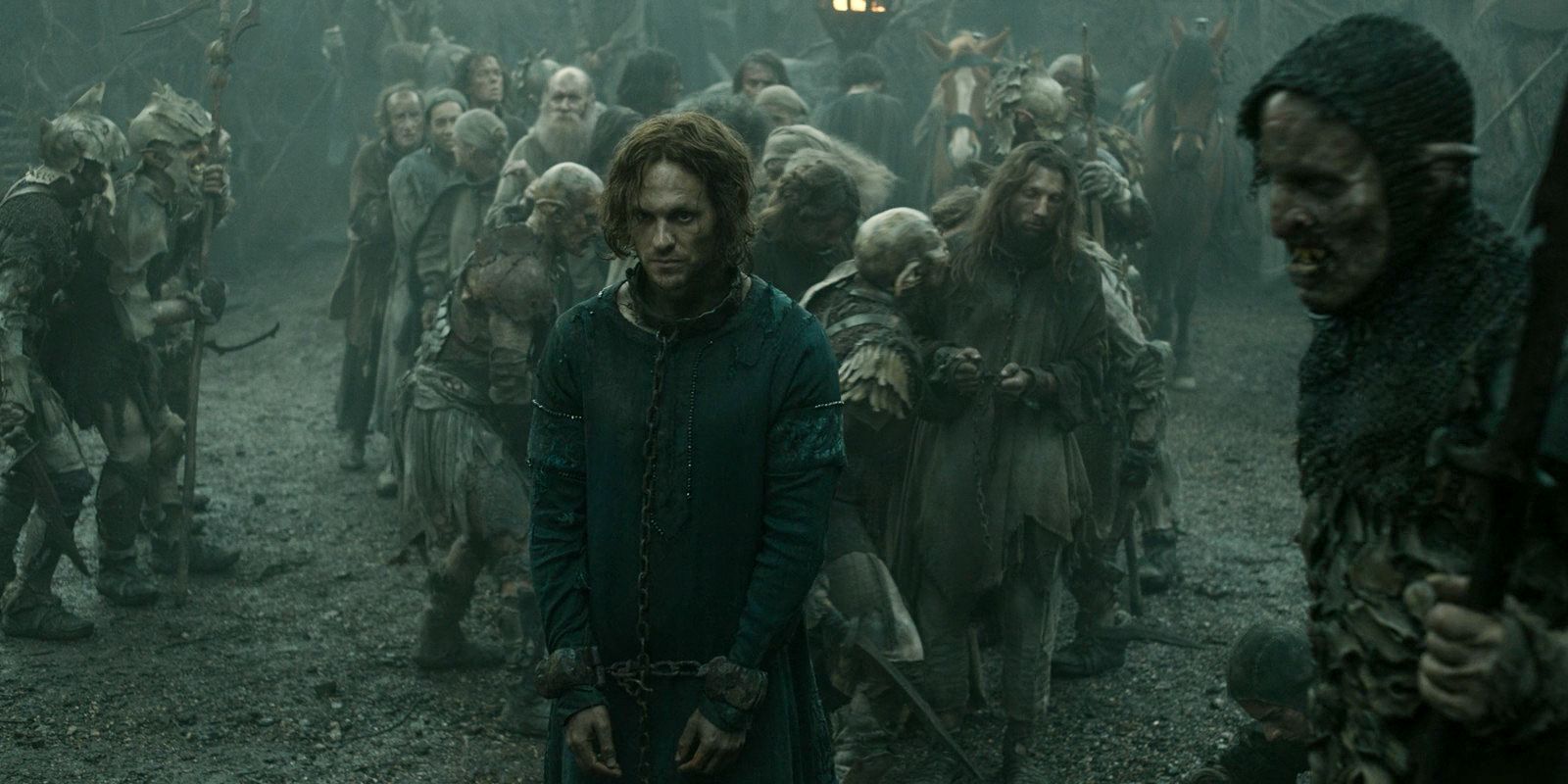
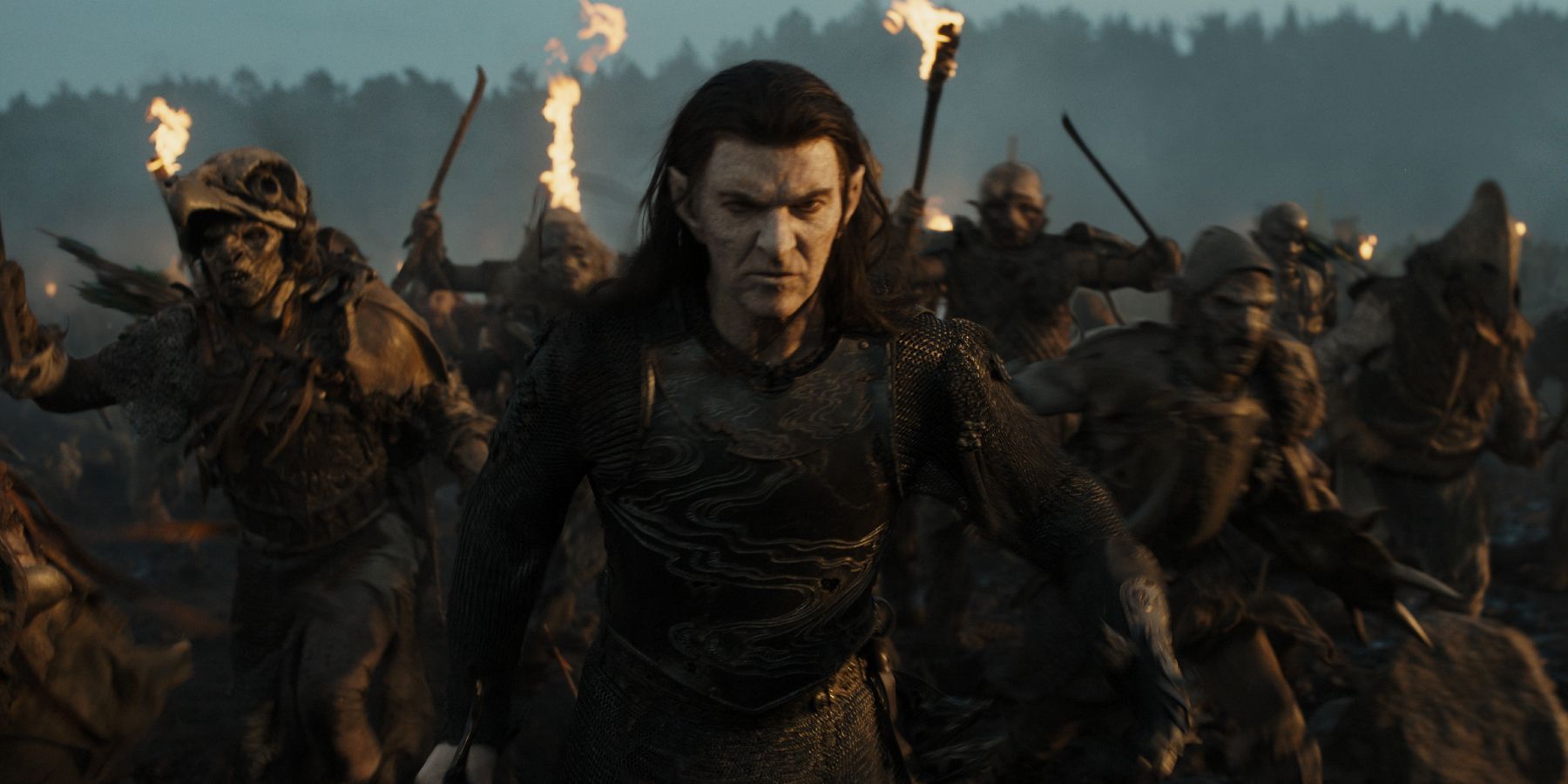





In The Lord of the Rings, the Orcs weren’t nice, or particularly sympathetic, but they were more than the automatons that the Peter Jackson movies portrayed them as. The Lord of the Rings movies defined high fantasy and their influence is far-reaching for good reason. However, the indiscriminate and trivialized killing of Orcs throughout the movies is less of a reflection of the source material than The Rings of Power’s more nuanced depiction of Orcs. As Halbrand pointedly said in season 1, “If you want to murder Orcs… don’t dress it up as heroism.” The Rings of Power’s original character, Glûg, and his Orc wife and baby, courted backlash for risking creating sympathy for Sauron’s side. But The Letters of J.R.R. Tolkien confirmed that “the Orcs are not evil in origin,” with the right to peace and respect. The Adventures of Tom Bombadil backs this up immensely, displaying Morgoth’s creatures with a range of emotions and moral standpoints. The Lord of the Rings: The Rings of Power gives its Orcs a logical moral complexity consistent with what Tolkien believed increasingly as he got older.
